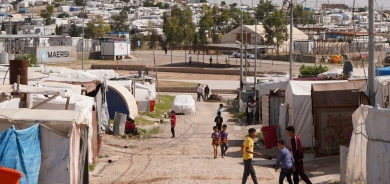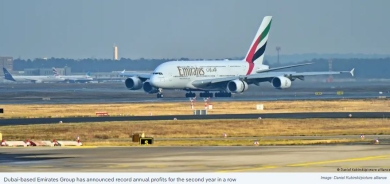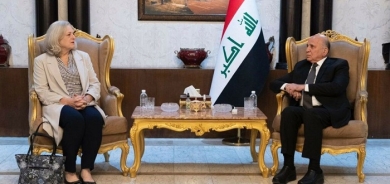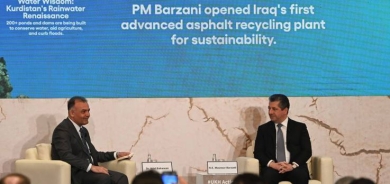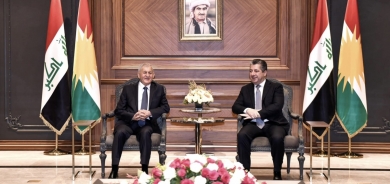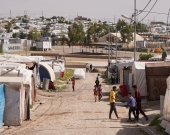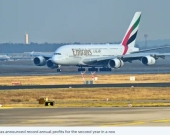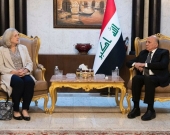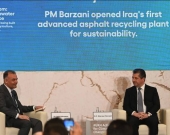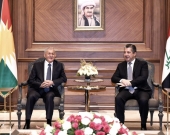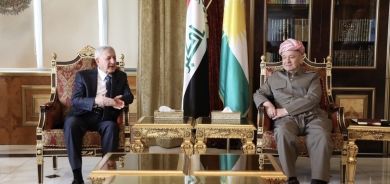US Universities Lag Behind Europe in Kurdish Studies – But This May Change
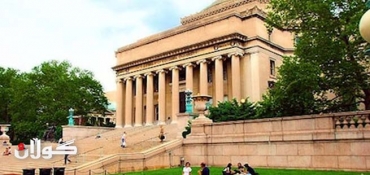
NEW YORK – US universities lag behind their European counterparts in offering Kurdish studies but this is likely change due to growing interest, according to speakers attending a panel discussion at New York’s Columbia University.
Currently only three US universities offer courses in Kurdish, noted Owen Miller, a member of the university’s Organization for the Advancement of Inner Eurasian Studies (OASIES), which organized the conference.
“The outlook for Kurdish Studies at universities in Europe is relatively brighter,” he told Rudaw.
“Members of OASIES hope to develop strategies for establishing other centers of Kurdish Studies in North America,” he said, by studying how Kurdish studies programs were developed at Germany’s Georg-August-University Göttingen and the Centre for Kurdish Studies at the University of Exeter in Britain.
He said that the underlying goal of the conference, which featured panel discussions by eminent academics and other experts on Kurdish issues, was to address the dearth of Kurdish studies at North American universities “through dialogue and intellectual exchanges.”
Janet Klein, a professor of history at the University of Akron in the United States and author of The Margins of Empire: Kurdish Militias in the Ottoman Tribal Zone, said that Kurdish studies moved very slowly in America because scholars and researchers have a hard time finding funding.
But expressing optimism, she said there is growing interest in Kurdish studies, and she expected greater involvement in the field by some universities.
Richard Bulliet, professor of history at Columbia, agreed that there is likely to be greater interest in Kurdish studies in the United States. He said Columbia University is interested in becoming more active on Kurdish issues, and one way is its commitment to support other related events in the future.
Bulliet was also one of the moderators on panel discussions that focused on Turkey’s historic peace process with the Kurdistan Workers Party (PKK), and the new chapter unfolding in the three-decade conflict in which an estimated 40,000 people have died.
Zeynep Turkyilmaz, a Middle East historian at Dartmouth College in New Hampshire, underscored the importance of research on Kurdish affairs and history, giving the 1937-38 Turkish military crackdown in Dersim as an example.
She said thanks to documents that came to light in recent years there is growing agreement that the crackdown, in which more than 13,000 Kurds were killed by soldiers, was an example of genocide.
In November 2011, Prime Minister Recep Tayyip Erdogan, whose government is engaged in a peace process that saw PKK fighters begin a phased withdrawal from Turkish territories this week, became the first Turkish leader to apologize for the Dersim killings.
“Dersim is the most tragic event in our recent history,” Erdogan said.
Rudaw

